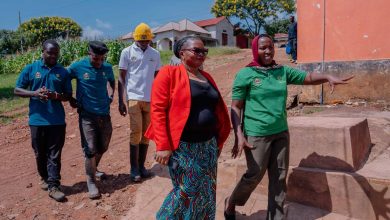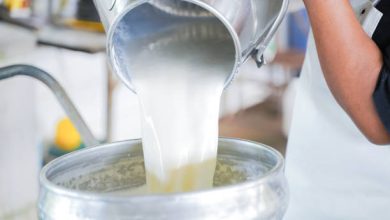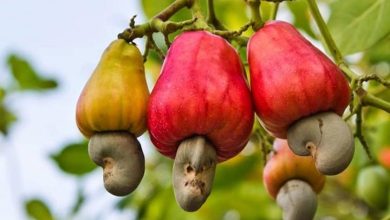Rufiji plans beekeepers’ cooperative to maximise incomes

COAST REGION: THE Rufiji District Council in the Coast region is moving to formalise its beekeeping sector by establishing a district-level cooperative society.
The initiative aims to unite local beekeepers, boost employment and expand markets for honey and other high-value bee products such as beeswax, pollen and propolis.
Mohamed Hamis, a member of the organising committee, told the Daily News over the weekend that over 80 beekeeping groups in Rufiji, comprising approximately 1,200 members, have already committed to joining the cooperative.
“Preparations for registration are underway with the Ministry of Home Affairs and the initiative is currently in its early stages,” he said.
Mr Hamis insisted the cooperative’s role in unifying small-scale beekeepers.
ALSO READ: BoT tilts toward long-term bonds
“Our goal is to access training, credit facilities and expand production. We want our members to benefit not just from honey harvesting but from the entire beekeeping value chain,” Mr Hamisi, who is also a Secretary of Mikongweni Green Development group, said.
Rufiji, one of the largest honey-producing districts in the Coast, benefits from a favourable climate, abundant flora and plentiful water sources, all factors that make it a prime location for beekeeping.
In 2024/25, the Coast Region produced 12,807.5 kilograms of honey, of which 1,796kg equivalent to 14 per cent came from Rufiji.
Despite this natural advantage, the sector in Rufiji, has remained fragmented and under-resourced, limiting its growth potential.
To reverse the trend, stakeholders plan to establish this cooperative society, which will provide support, promote knowledge sharing and build capacity. The initiative will also feature a demonstration centre to serve as a hub for training and honey processing.
He also said that beekeeping offers several benefits beyond honey production, saying that products such as pollen and royal jelly have high market value and can be harvested even before the traditional honey season.
As part of its community outreach, the group has launched an initiative dubbed “Jifunze Kufuga, tuvune Pamoja” (learn beekeeping, let’s harvest together) in a collaboration with National Service, aiming to place ten beehives in every school across the district to foster early engagement in sustainable agriculture.
Despite the promising outlook, he said they are facing some challenges, including limited access to grants and startup capital hence seeking partnerships with government agencies, NGOs and research institutions to provide technical and financial support.
“Many of our rural youth are jobless and often resort to deforestation for income,” he said, adding beekeeping offers an eco-friendly and economically viable alternative. Our environment is ideal and the market demand is growing.
The Mikongweni Green Development Group is purchasing raw honey and other bee products directly from village-based beekeepers and plans to scale up processing and packaging for both domestic and export markets.





